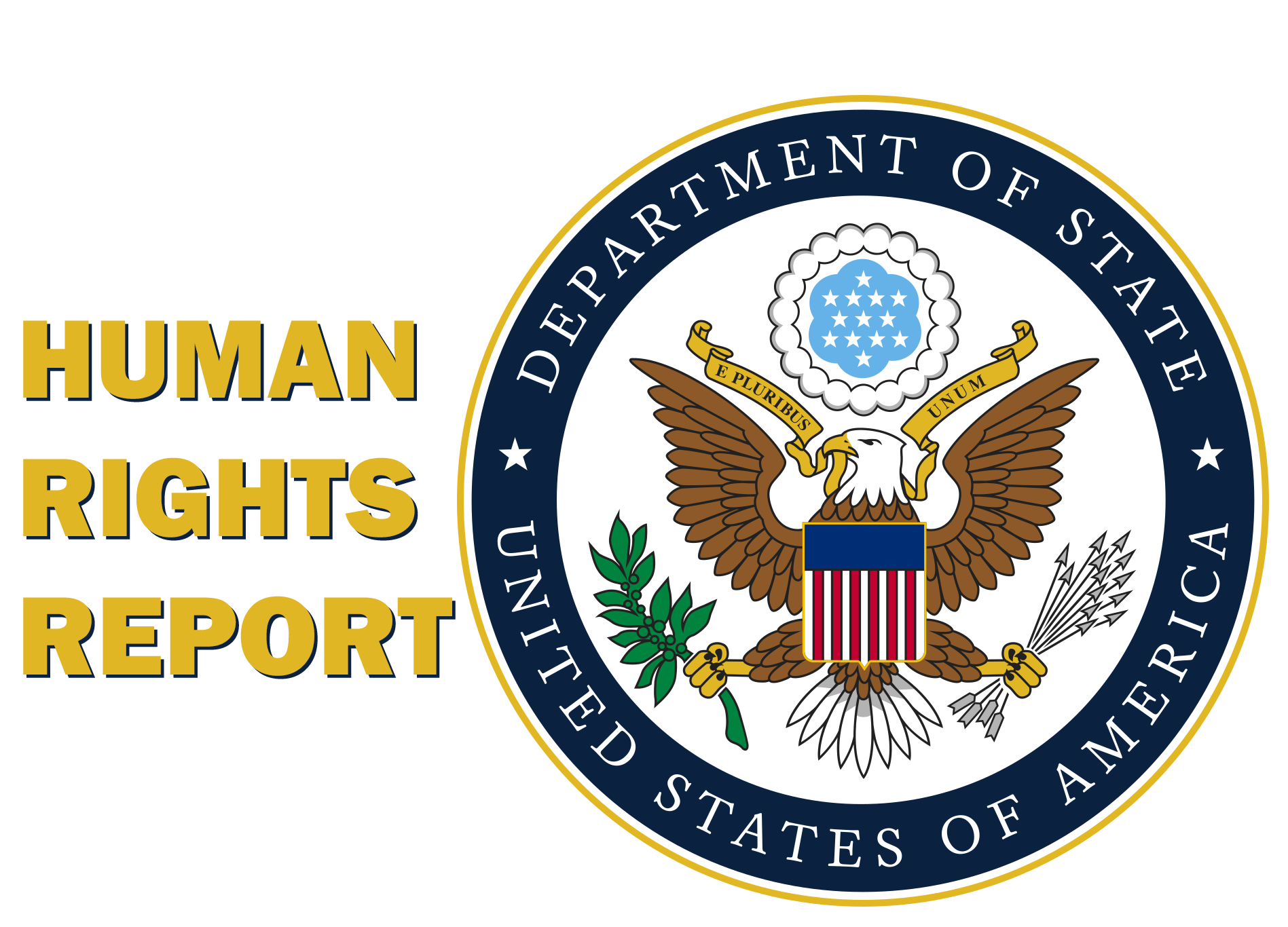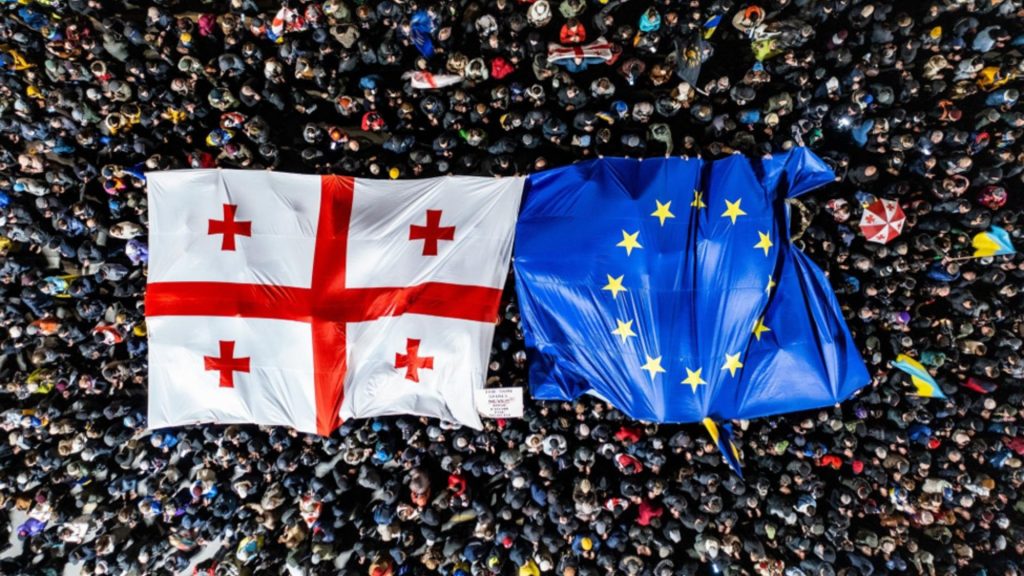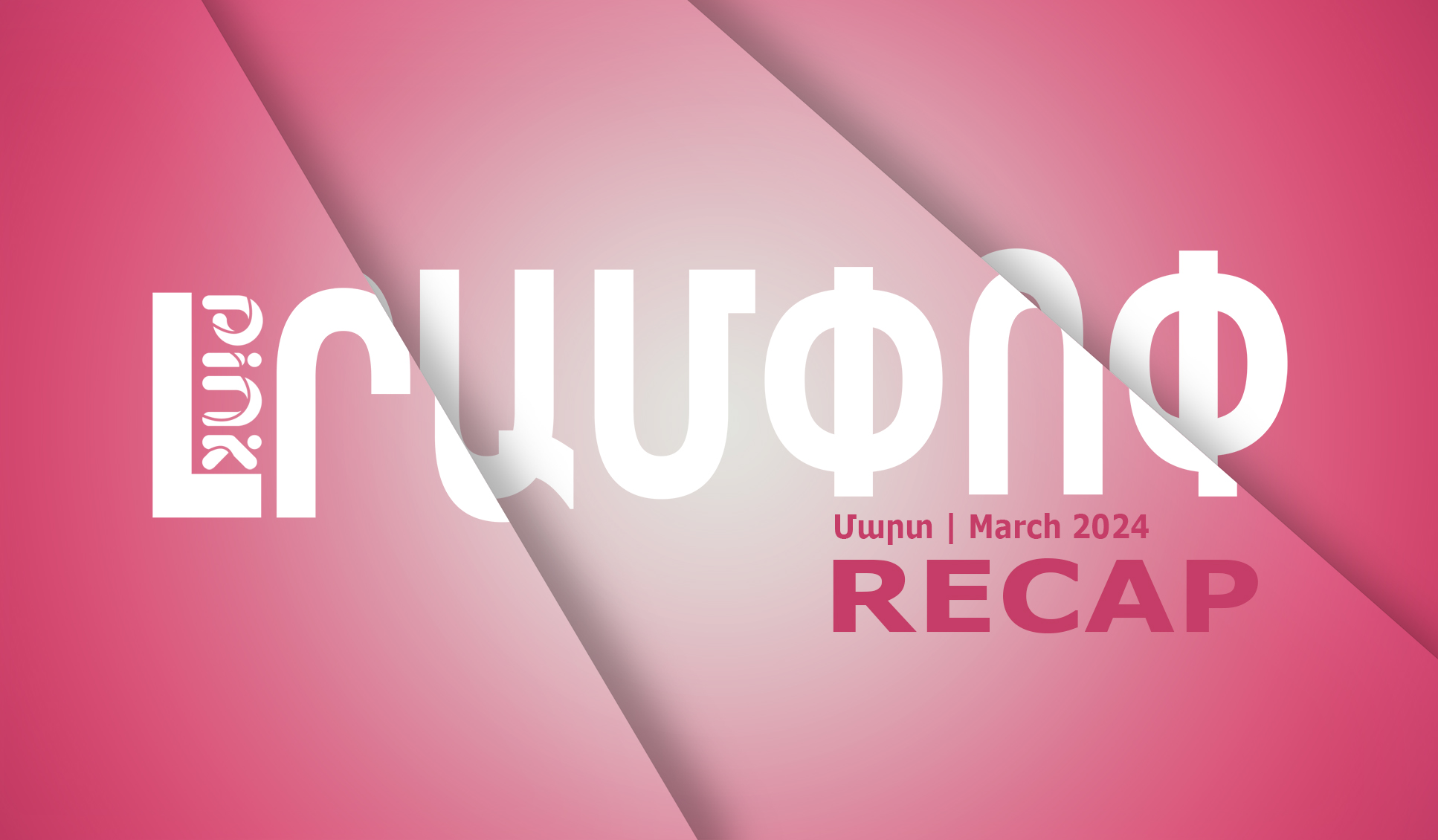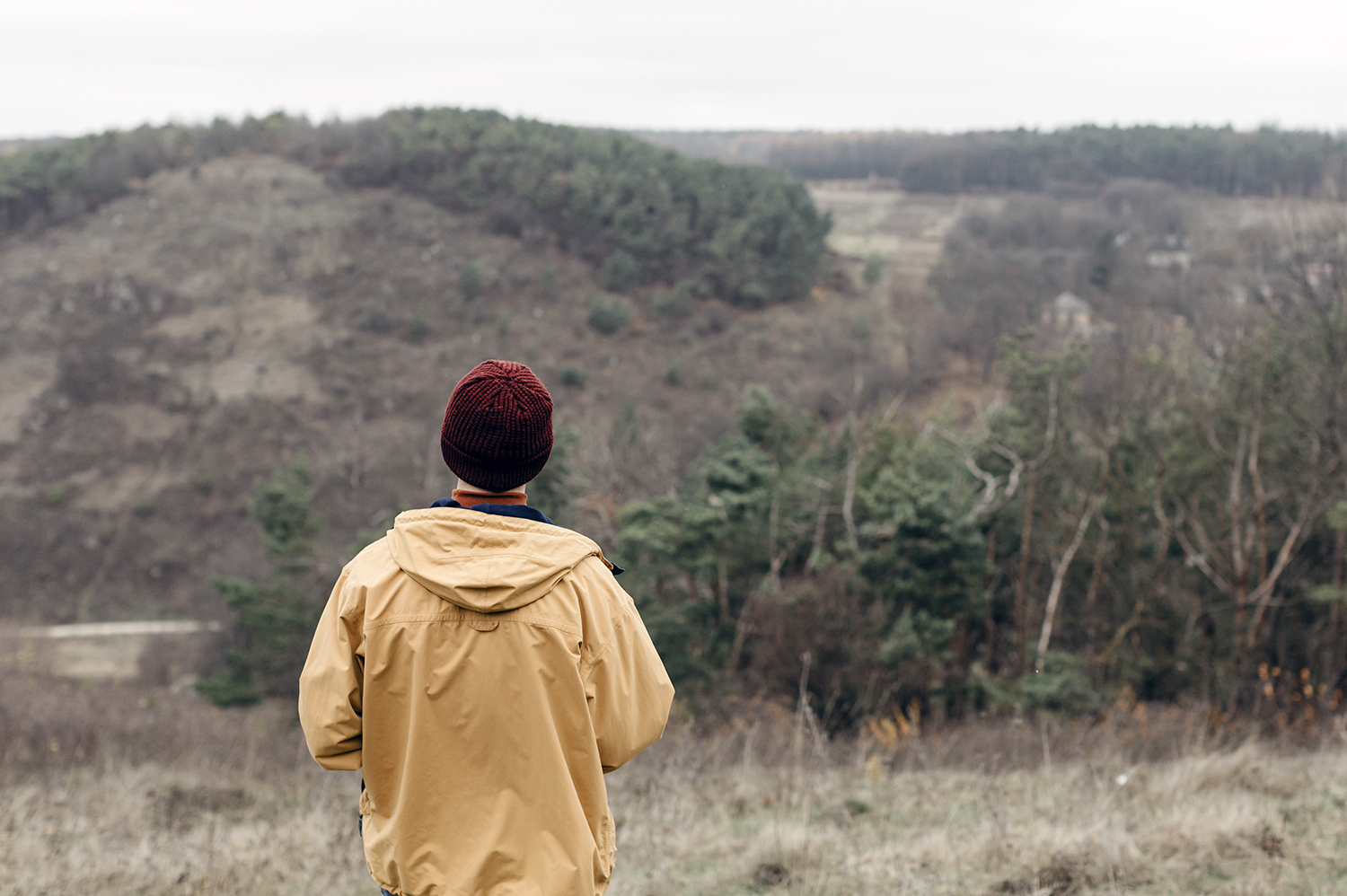U.S. Department of States: Armenia 2013, Human Rights report
U.S. Department of States presented its Country Report on Human Rights Practices for Armenia in 2013. The report is summarizing the Human Rights situation and violations concerning to respect for the integrity of the person, civil judicial procedures and remedies, respect for civil liberties, including freedom of speech and press, internet freedom, academic freedom, freedom of peaceful assembly and association, respect for political rights, governmental attitude regarding international and non-governmental investigation of alleged violations of human rights discrimination, societal abuses etc.
The report includes also the societal abuses toward women, discrimination, and acts of violence based on sexual orientation and gender identity. Particularly, the report enlists cases of domestic violence, sexual harassment of female activist by police during protest actions.
Women’s role remained underrepresented in leadership positions in all branches and at all levels of government. The government continued to support surveys about gender-based sex selection in the country. The ratio of boy-to-girl births in various regions of the country ranged from 111 to 124 boys per 100 girls in case of firstborns, and 160 boys per 100 girls in case of second or next children. The government has not taken measures to address the gender imbalance.
After the National Assembly’s adoption of a law on Equal Rights of Men and Women and on Ensuring Equal Opportunities, a debate was sparked in the society around the concepts of “gender” and “gender equality.” Some groups began disseminating misinformation on social networks, targeting women’s NGOs, and rights defenders. These groups manipulated the wording of the law and began to associate “gender equality” with homosexuality, propaganda and pedophilia. Women’s rights defenders were labeled “traitors of the nation,” “destroyers of families,” and a “threat to Armenian values.” Some materials reportedly called for violence and destruction of property, targeting women’s organizations and LGBT persons.
The Women’s Resource Center reported about the bomb threats that it had received through Facebook. Police identified one of the two Facebook users who made the threats but did not initiate a criminal case.
What about LGBT human rights violations, the report enlists that no anti-discrimination laws apply to sexual orientation or gender identity. Societal attitudes toward LGBT persons remained highly negative, with society generally viewing homosexuality as a medical affliction. Societal discrimination based on sexual orientation and gender identity negatively affected employment, family relations, and access to education and health care.
The proposed law against discrimination prepared by the ombudsman’s office, which initially included a provision on LBGT persons, sparked a wave of homophobia. This proposed law, paired with developments related to the adoption of the law on Equal Rights of Men and Women and on Ensuring Equal Opportunities, further marginalized LGBT persons and the few NGOs working to advance the human rights of LGBT persons, since the latter preferred to keep a low profile to avoid possible attacks against them, both verbal and physical.
New Generation NGO presented the results of a survey of attitudes toward LGBT persons among human rights organizations in the regions of the country. The survey revealed a low level of awareness and mostly negative attitudes toward LGBT persons, some respondents expressed the view that homosexuality is a disease and the best way to help LGBT persons is to “cure” them.
Openly gay men were exempt from military service, purportedly because of concern fellow service members would abuse them. An exempted person considered a person with a mental disorder and this information appeared in the individual’s personal documents.
Sexual minorities were frequent targets for humiliating discrimination in prisons, where authorities forced them to perform degrading labor and separated them from the rest of the prison population.
In the report societal violence or discrimination against persons with HIV/AIDS are presented. The UN Committee on the Rights of the Child noted discrimination against certain categories of children, including those living with HIV.
Full version of the report is available here.




